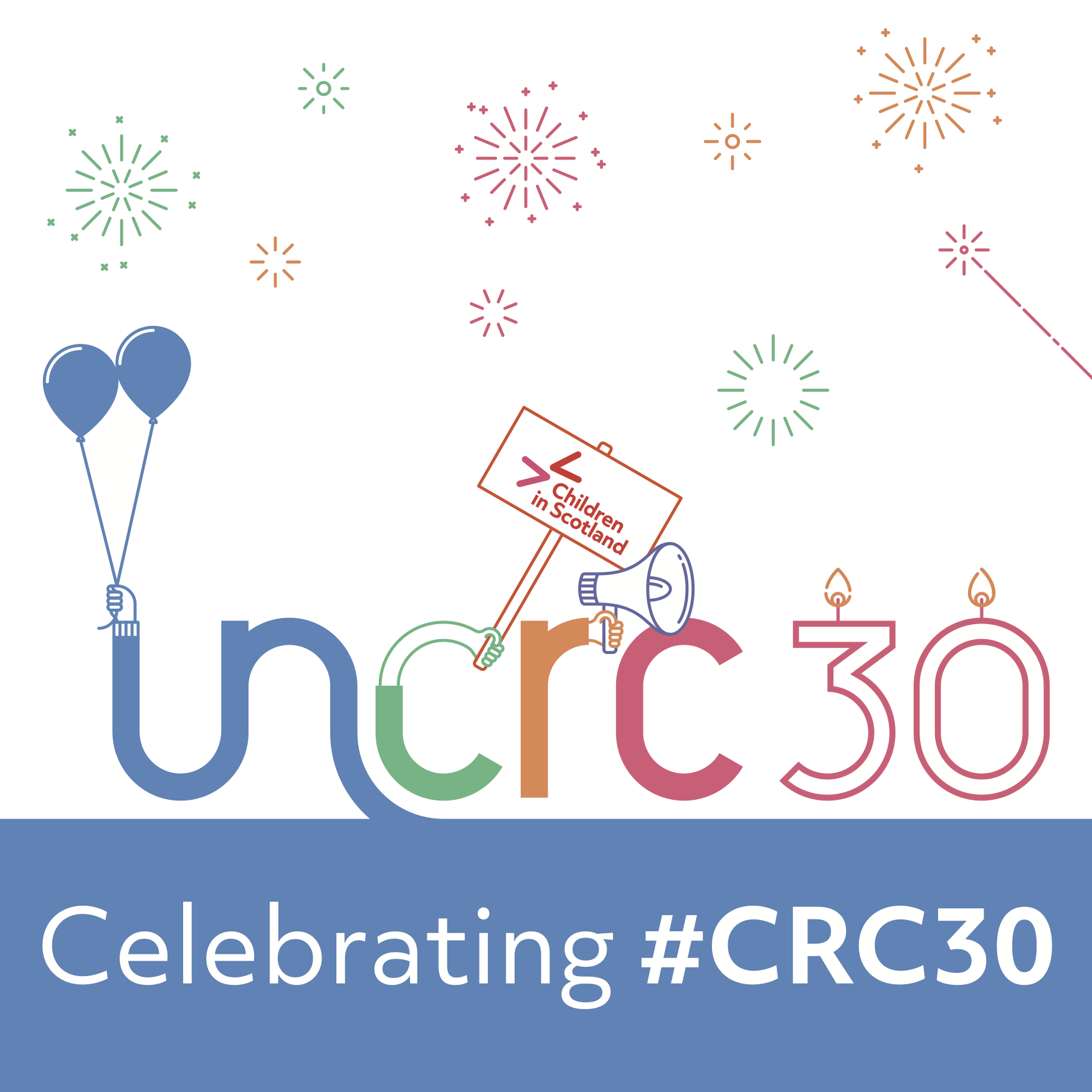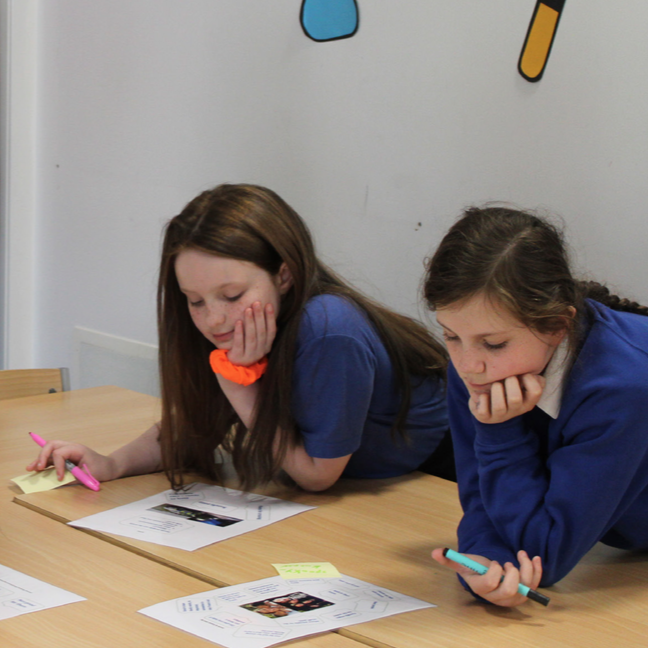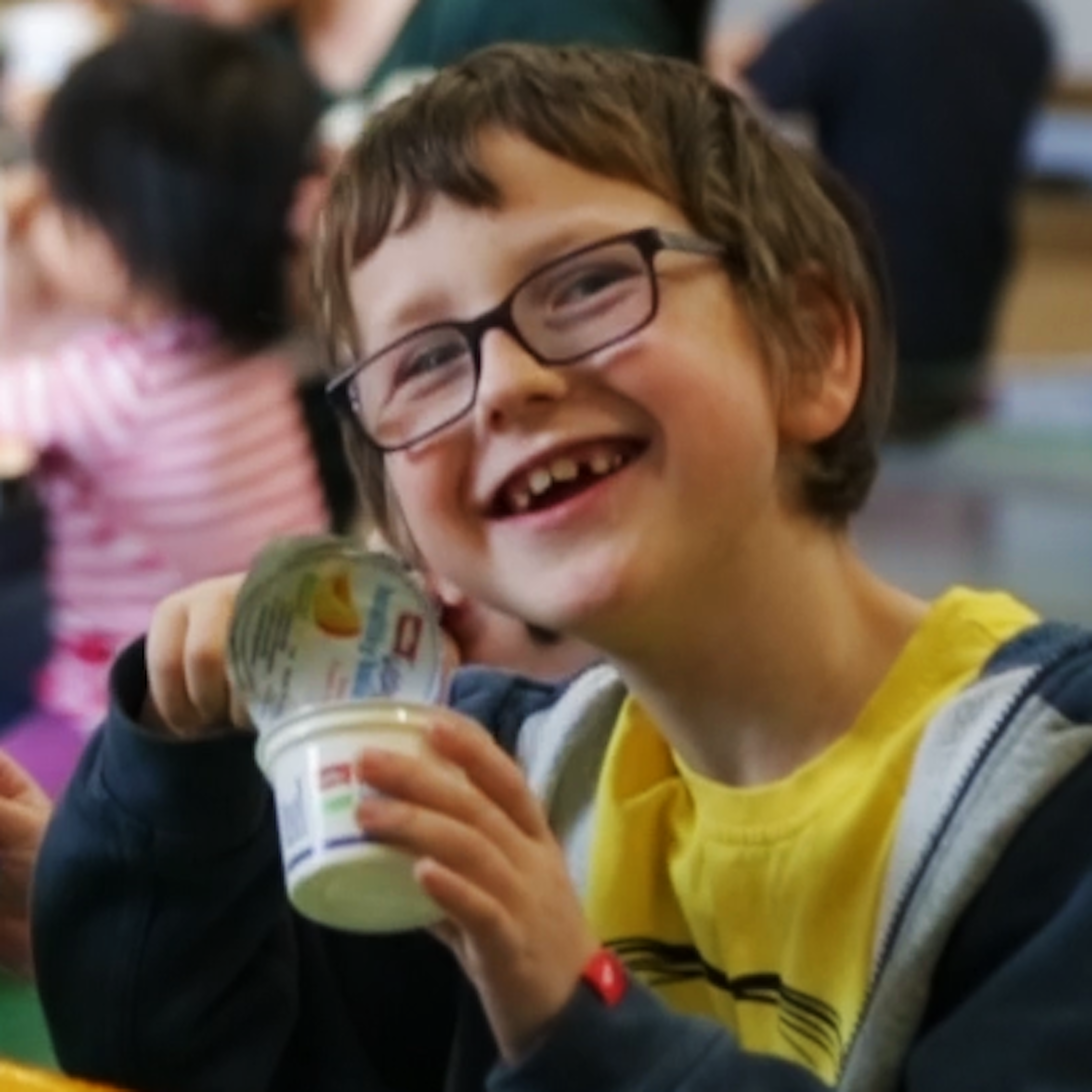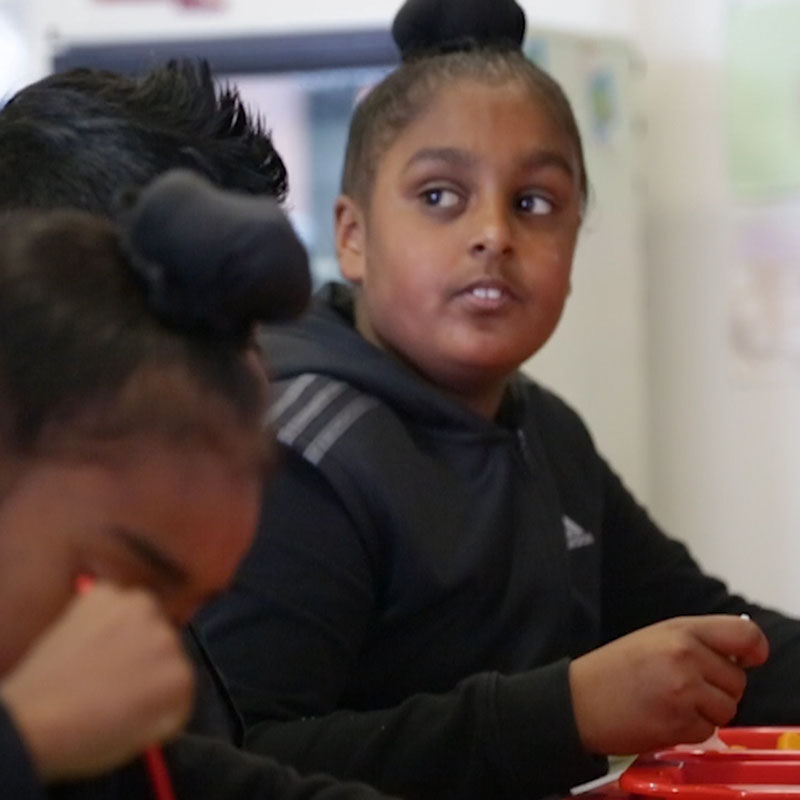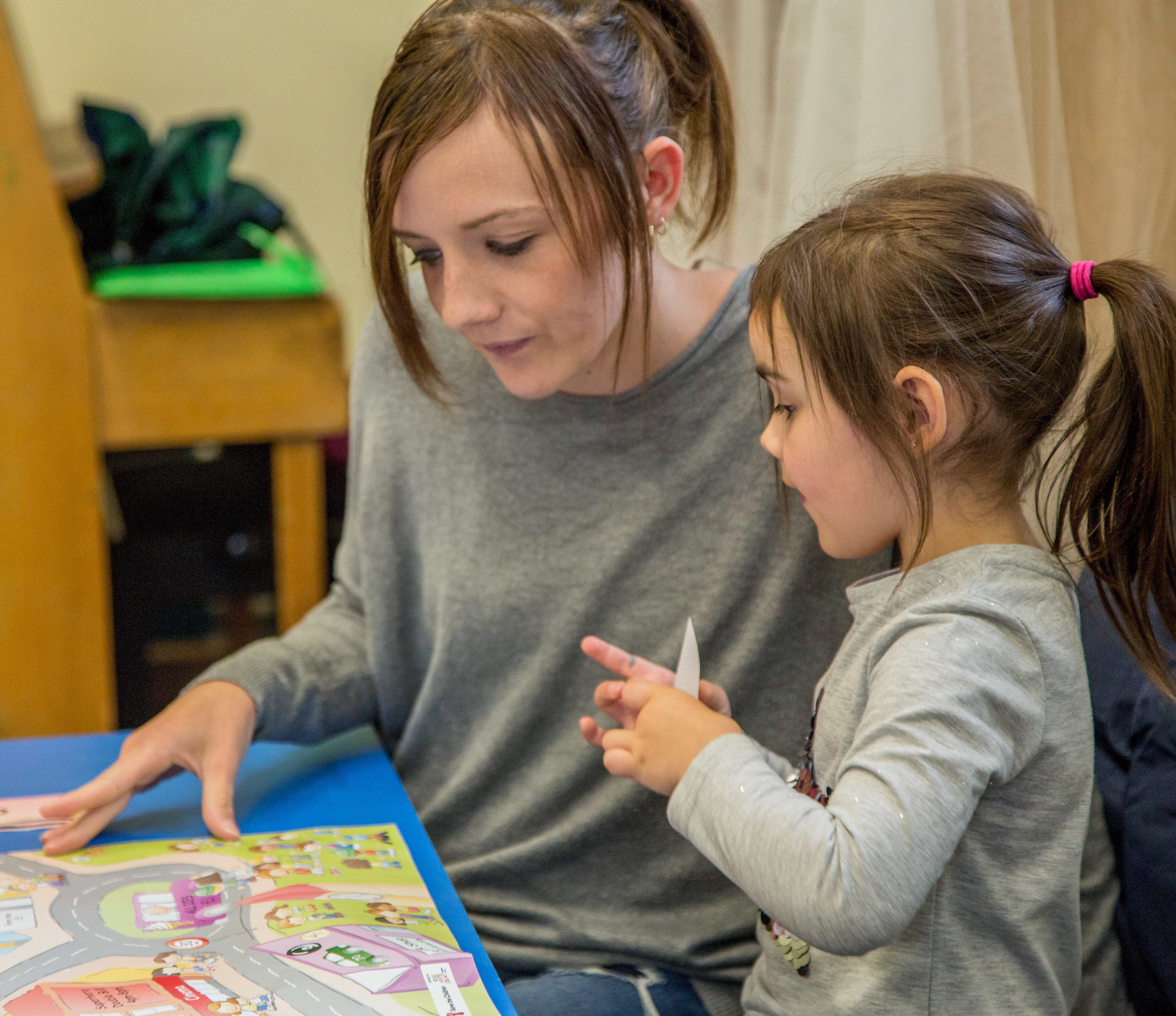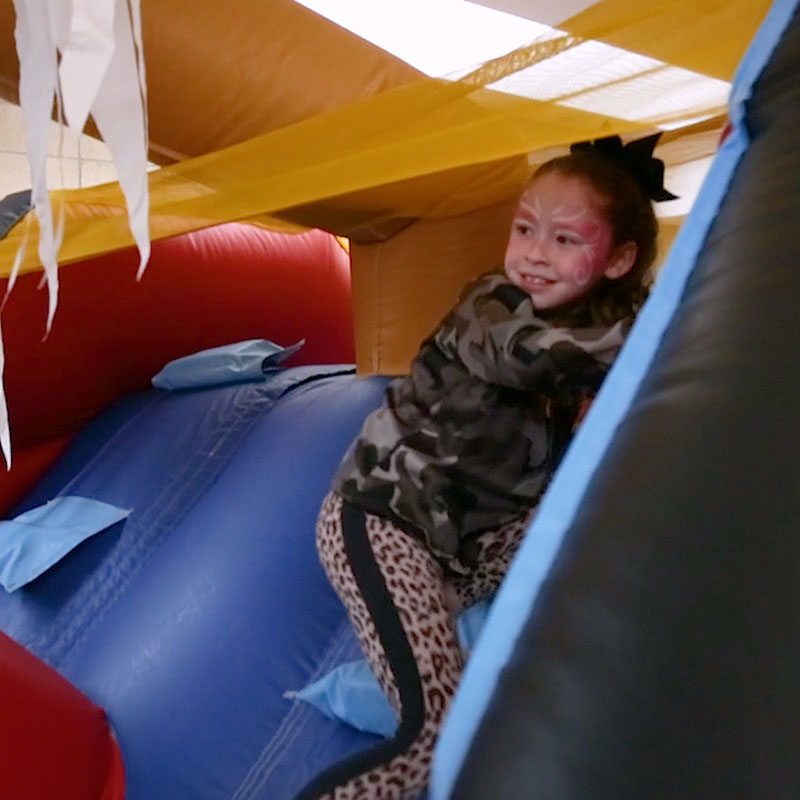3 September 2020
Children in Scotland has responded to Tuesday’s publication of the Programme for Government.
Commenting on key policy areas including UNCRC incorporation, ELC expansion and health inequalities, our Head of Policy, Projects and Participation, Amy Woodhouse, said:
UNCRC incorporation: a milestone in improving outcomes for children
“We are delighted that the long-standing commitment to incorporate the UN Convention on the Rights of the Child has been met with a clear plan to bring forward the Bill in this parliament. We await the Bill being published and look forward to working with partners across the sector, Scottish Government, and MSPs to support its passage into law.
We know that incorporation will contribute to culture change in Scotland and enhance the support that we provide to children, young people, and families. The continued commitment to incorporation is a clear sign of the focus on improving outcomes for children and young people.
Financial support for families: the gap still to be bridged
“As a member of the End Child Poverty Coalition we have been supportive of the introduction of the Scottish Child Payment by February 2021 for eligible families with children under the age of six. We are pleased to see that applications for the fund will open in November. However, we hope to see activity by the Scottish Government to ensure uptake of the payment is maximised.
“We are also disappointed that there is no financial payment to bridge the gap between now and February. We know that families need support now, and view this as a failure to respond to rising rates of poverty. As members of the End Child Poverty Coalition we will continue to work with partners to ensure that families have the financial support they need.
Education: commitment must be matched by ambition and implementation
“It is positive to see investment in teachers and support staff, particularly as a response to the COVID-19 pandemic. However, an additional 200 support staff does not appear to be an ambitious enough response to the scale of the problem. We know that schools were already struggling to meet the needs of all children and young people prior to the pandemic, and this situation will only have become more complex.
“We are pleased to see the commitment to implementation of the recommendations contained within Angela Morgan’s recent review of the Implementation of Additional Support for Learning. However, a specific timeline for implementation must be introduced and a financial commitment made, otherwise the detrimental impact on children and young people’s wellbeing will continue. We know these changes will be needed now more than ever given the impact of COVID-19.”
ELC expansion: don’t let delay risk overriding aim of reducing inequalities
“The Programme for Government also contains a commitment to update on the expansion of Early Learning and Childcare. An assessment of the readiness for expansion will be provided by December. Children in Scotland is concerned by these delays as evidence prior to COVID-19 suggested that the expansion was already behind schedule. The expansion could make a potentially transformative contribution to reducing inequalities for children and families and do not wish to see the benefits delayed.
“Through our campaigning and influencing work we will push for the expansion to be rolled out as soon as possible to provide support to children and families, emphasising at all the times the importance of quality and inclusive practice. We also will look forward to seeing the framework for expanding childcare to school-age children across the next parliamentary term.
“While it was also promising to see a range of commitments to family support within the Programme for Government, much of this was money that had already been committed.”
Youth Guarantee: a welcome step if high quality jobs are guaranteed too
“We are encouraged to see the Scottish Government’s commitment to a Youth Guarantee, which will ensure all 16-24-year olds will have access to a job, training, or education.
“However, we are waiting to see further detail to clarify that the scheme will not include zero hour contracts or jobs which mean young people are left under-employed. It is essential that the youth guarantee supports high quality jobs.
“We are also pleased to see support for parental employment including those at risk such as low-income parents. However, we would query whether £2.35million is enough to support the ambitions of such a scheme.”
The Promise: support for recommendations, support for resourcing
“It was encouraging to see the continued commitment to implementing the recommendations with The Promise. Children in Scotland is happy to be supporting The Promise team with this work but would have liked to have seen firmer commitments on timescales and financial resource for the implementation.
Mental health and wellbeing: early prevention a priority missed
“Children in Scotland would have liked to have seen more ambition in supporting better mental health and wellbeing for children and young people. Several positive new actions were laid out with in the Programme for Government, including:
- A renewed focus on community health and wellbeing services
- Work with women and girls’ organisations to explore the individual and structural issues that contribute to poor mental health for this group.
“However, we would have liked to have seen a far greater focus on a move towards early intervention and prevention and tackling the structural determinants of poorer mental health.
“We also would query the necessity of a further CAMHS recovery plan in response to COVID-19 given the breadth of work over the recent years that has shown the changes needed to mental health provision in Scotland.”
Health and wellbeing: positive moves on tackling inequalities
“We were pleased to see a focus on tackling health inequalities within the programme for government and particularly pleased to see action on reducing harm from alcohol and cigarettes, the effects of emissions and to reduce drug deaths. Action to improve active travel and improve diets is also welcome.
“However, we are concerned that this activity is still heavily focussed on individual behaviour change and does recognise the impact of poverty and inequality on health and wellbeing.”
Digital: access and inclusion emphasis welcome
“The broad focus on digital access and inclusion within the Programme for Government is very welcome. The COVID-19 pandemic has highlighted the need to support everyone to have access to digital technology.
“We are pleased to see commitments to roll out super-fast broadband across the country and the proposals to expand the Connecting Scotland Fund. We are aware of the benefit this fund has had so far and are pleased to see an extra £23million to support a further 50,000 people experiencing digital exclusion.
“However, we also need to see continued complementary action to reduce the grip of poverty to ensure that all families can access the resources they require.”
Environment: progress on emissions targets
“Children in Scotland is extremely pleased to see the commitment within the Programme for Government to tackle climate change, and welcomes the pledge that Scotland will become a net zero emitter by 2045. We would like to see this supported by a commitment to a 75% reduction by 2030.
“We are particularly pleased to see a focus on tackling high emissions/carbon industries. It is essential that industry take responsibility for tackling climate change as a key emitter of CO2 and other harmful greenhouse gases.
“Measures announced to make homes more energy efficient are also very encouraging. Not only will this reduce emissions it should help tackle fuel poverty.
“We await further detail from experts in this sector on whether these plans are ambitious enough.”
Communities: 20-minute scheme a plus if holistic needs are part of the plan
“We are pleased to see the commitment to improving the neighbourhoods in which children and young people grow up. We are interested to see more information about the proposed 20-minute neighbourhood scheme which aims to ensure everyone can meet all their essential needs within 20 minutes of their house.
“However, our recent Health Inequalities work showed that there is much work to be done to create communities that are safe and positive places for children and young people to grow up. Scottish Government must learn from these findings. We would also advocate for consideration of the UNICEF Child Friendly Cities Model in conjunction with the 20-minute neighbourhood scheme so that children’s holistic needs are fully considered, including the right to play.”
Gender Recognition Act: lack of legislation a blow for trans young people
“We are disappointed that there appears to be little mention of bringing forward legislation to reform the Gender Recognition Act. Children in Scotland knows the benefit that reforms to how trans young people access a Gender Recognition Certificate would have. We will continue to work with partners across the sector to ensure support is available for trans young people.”



